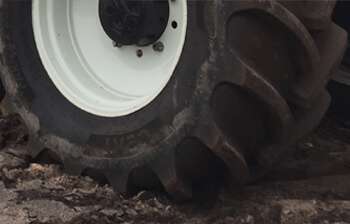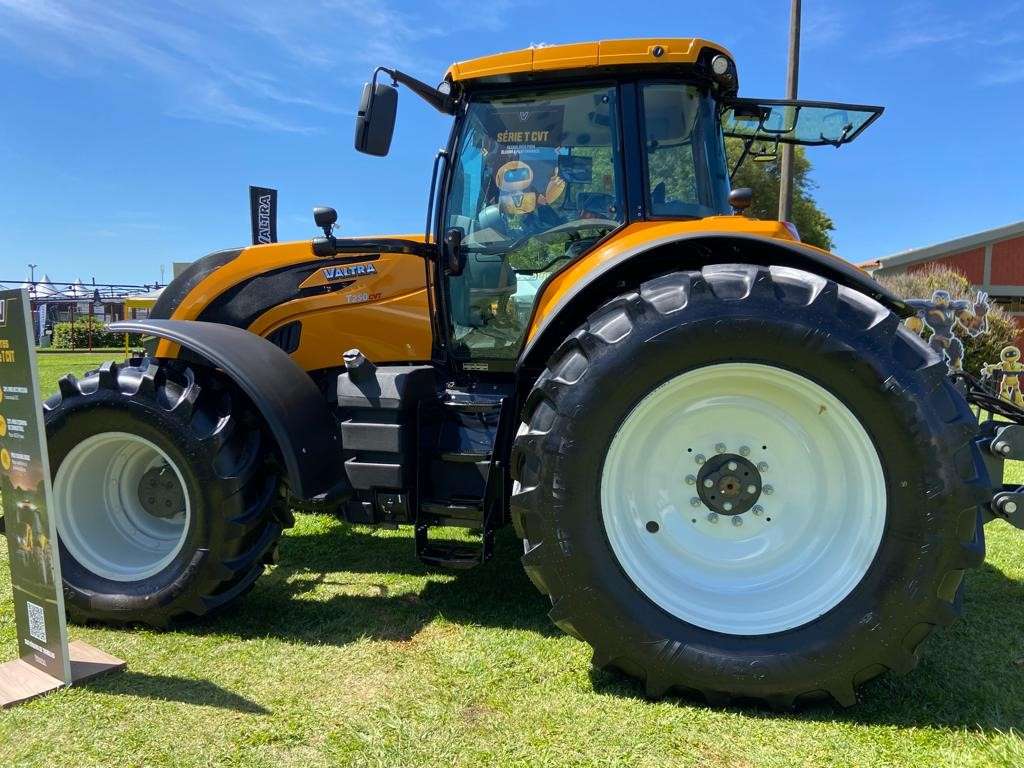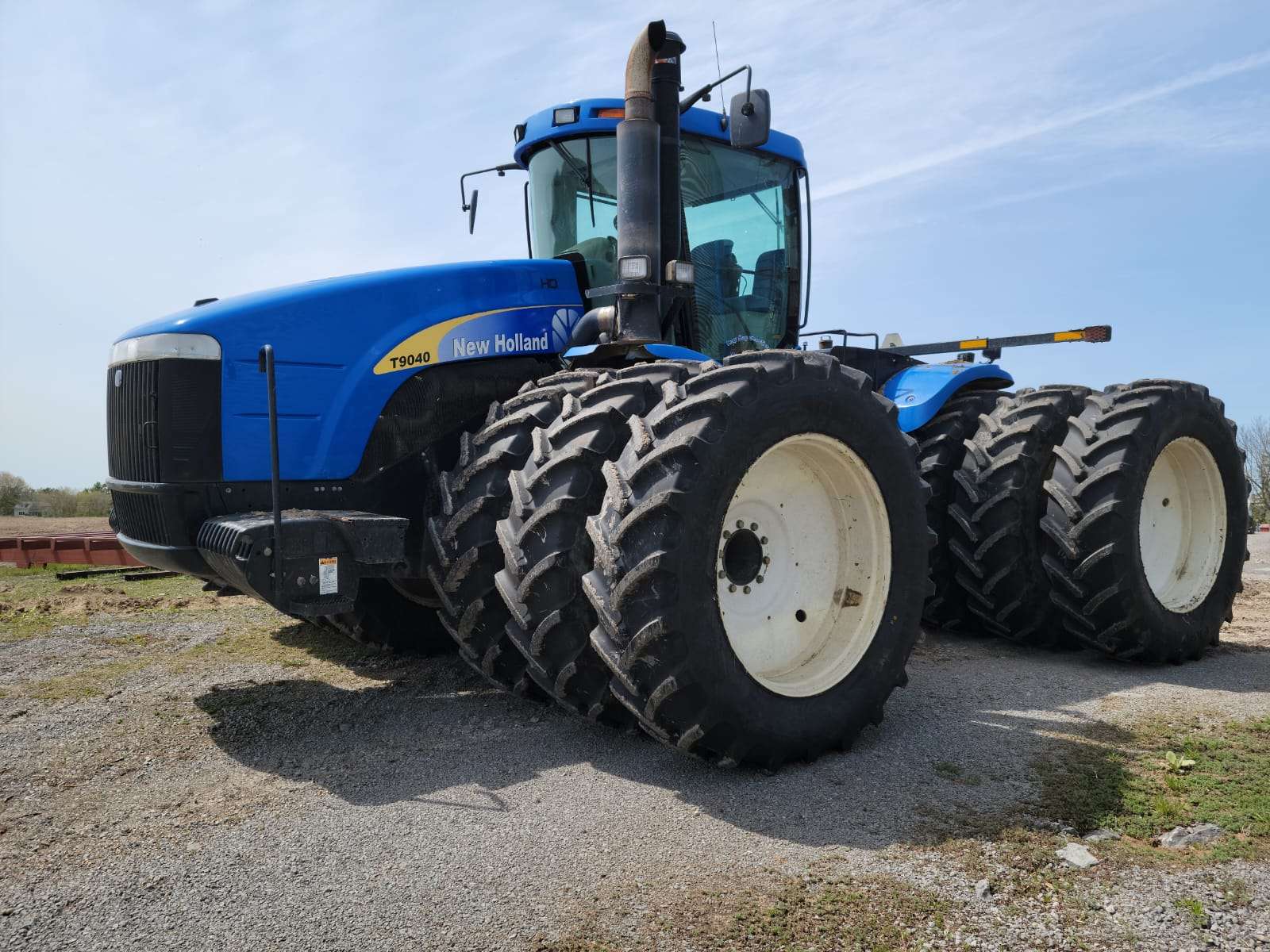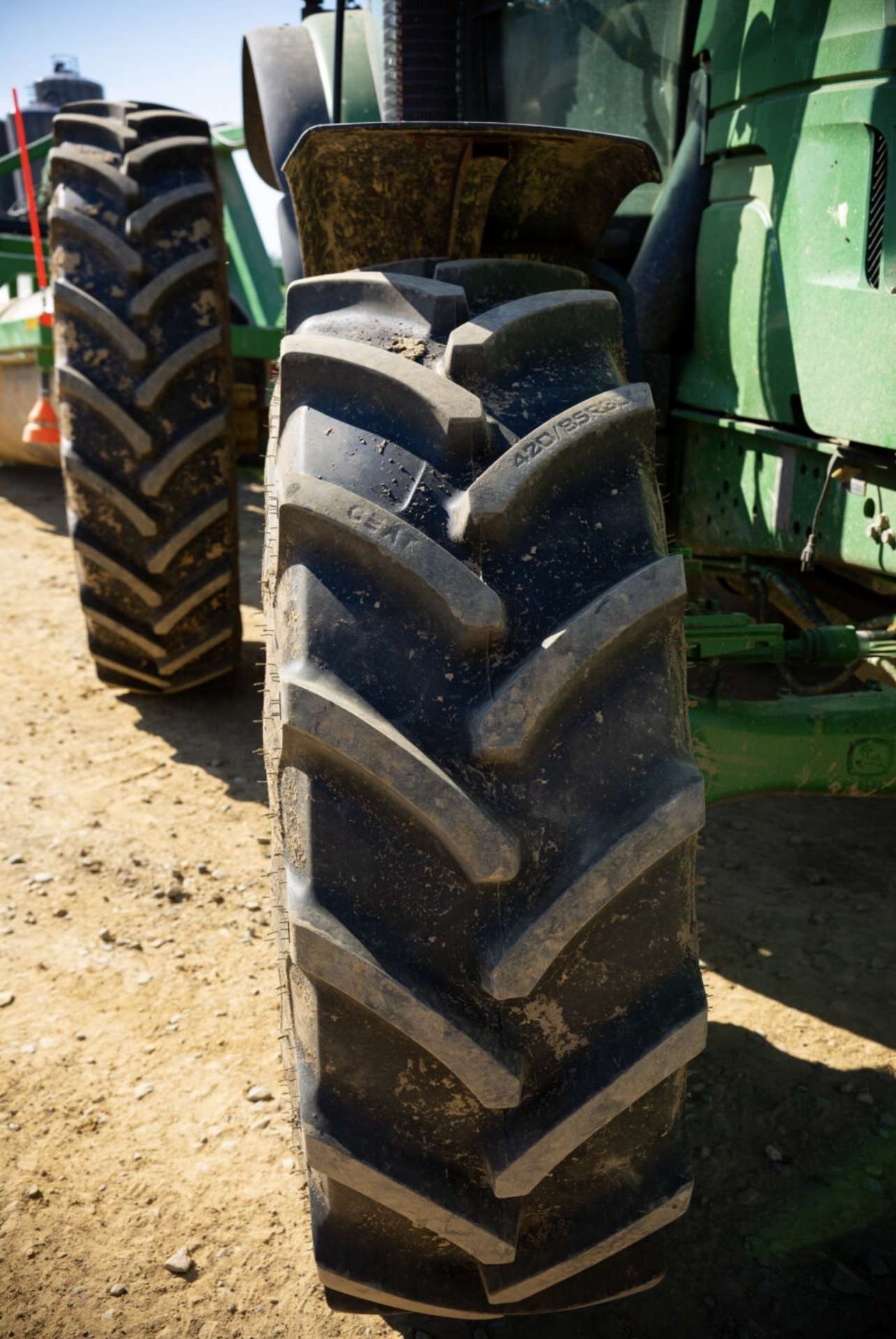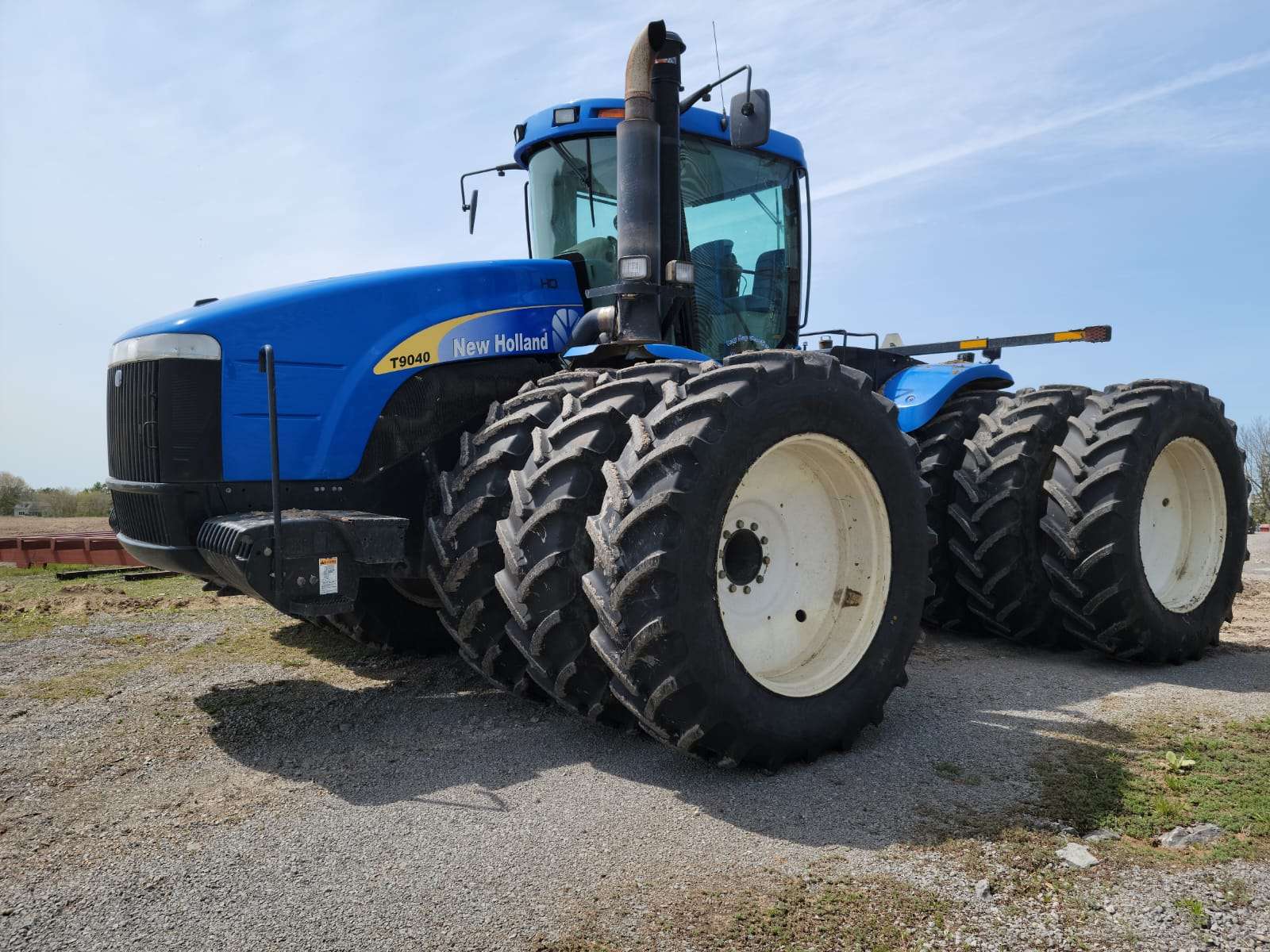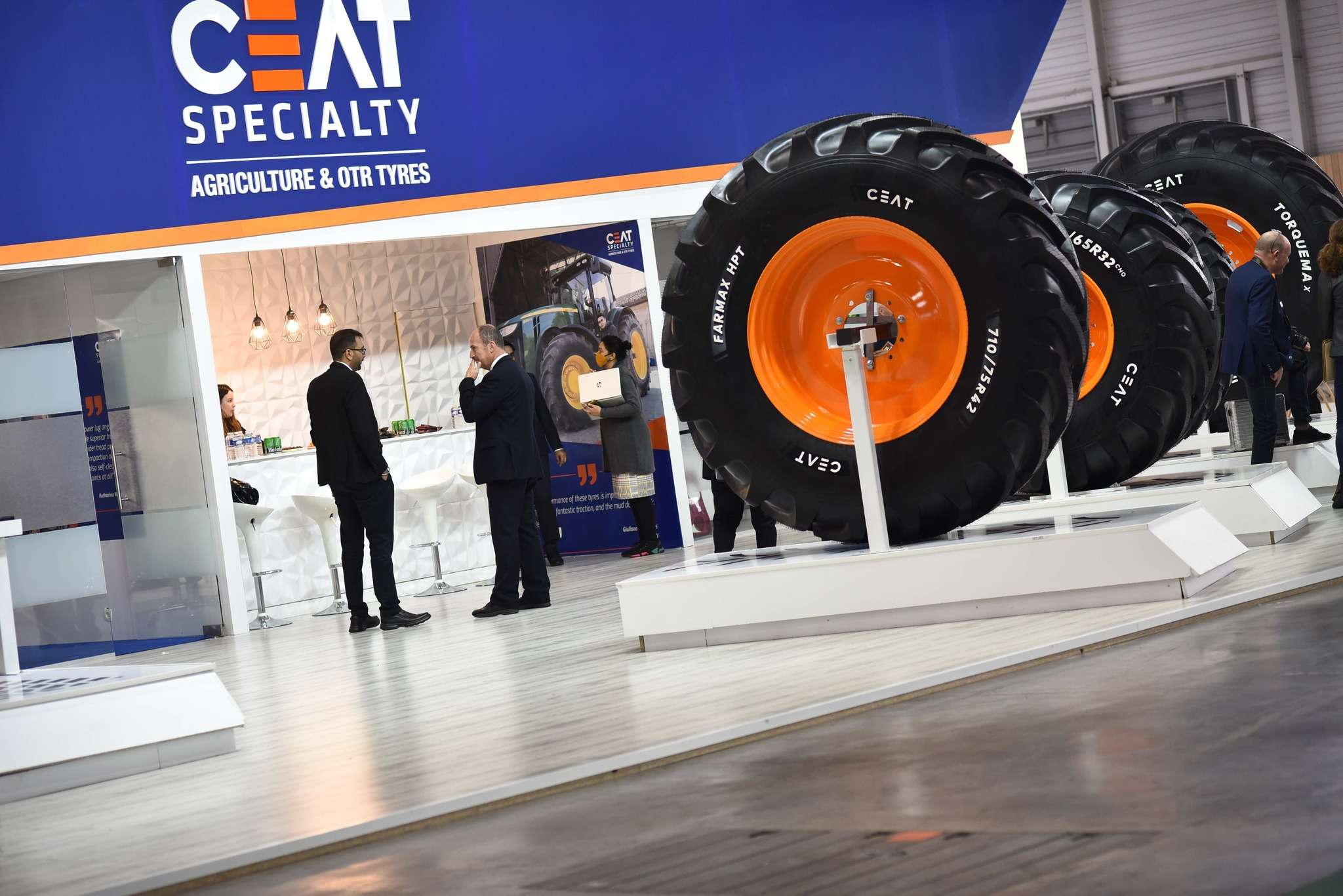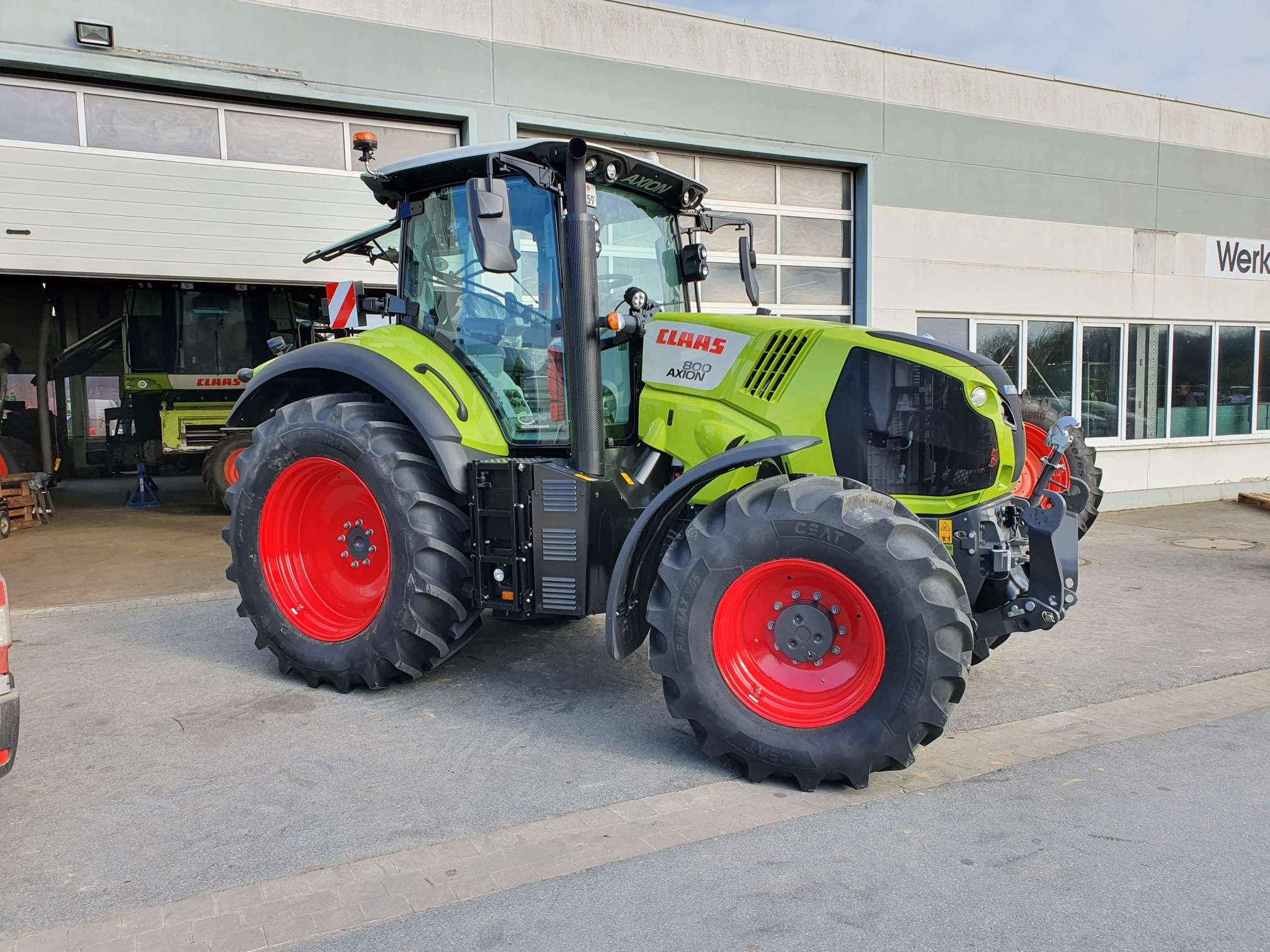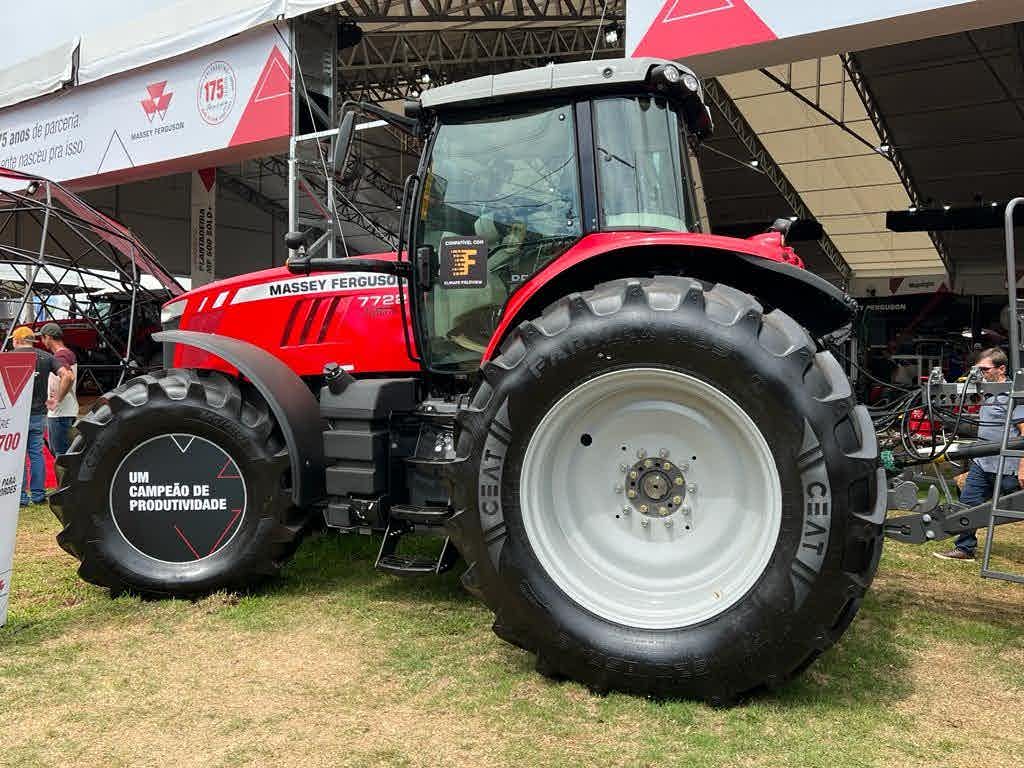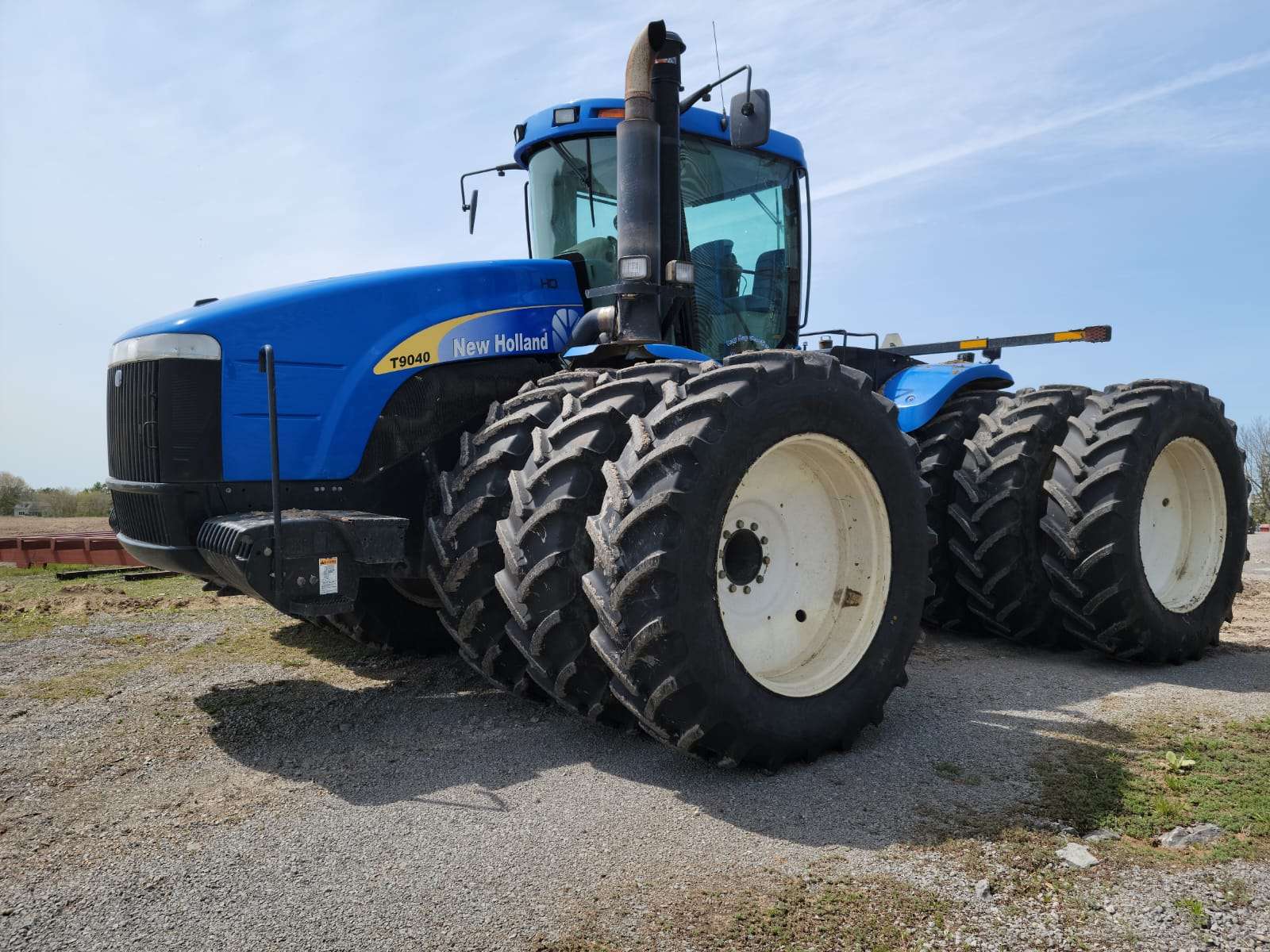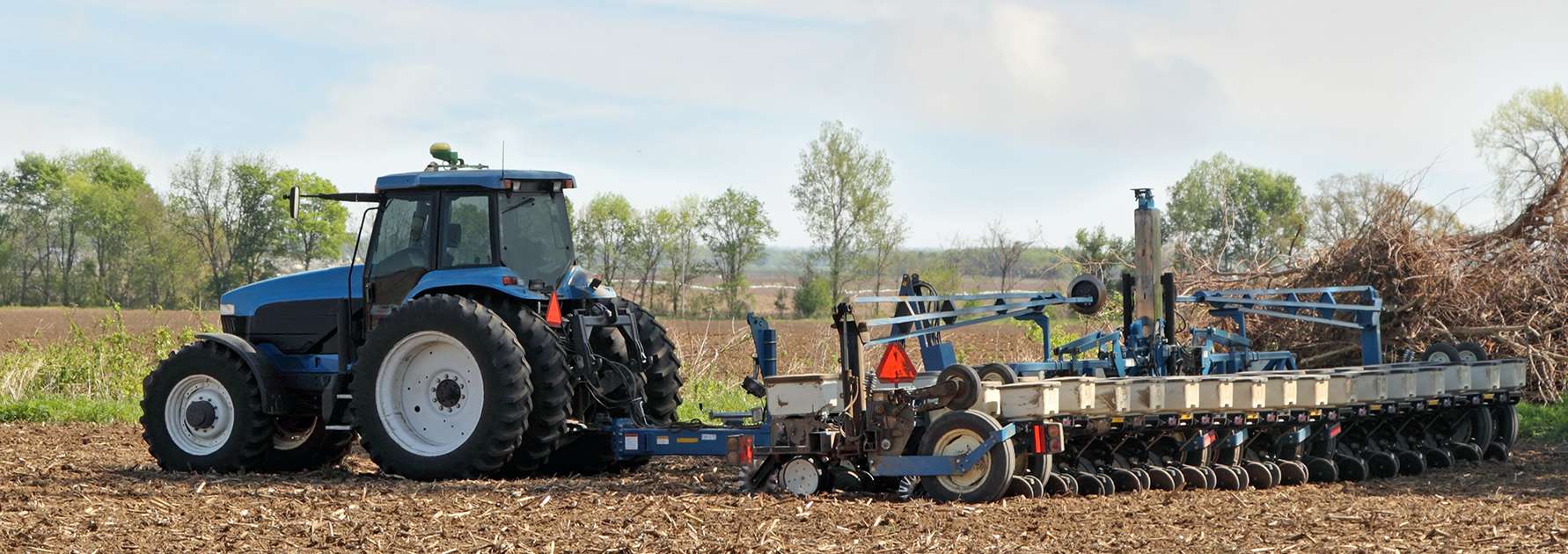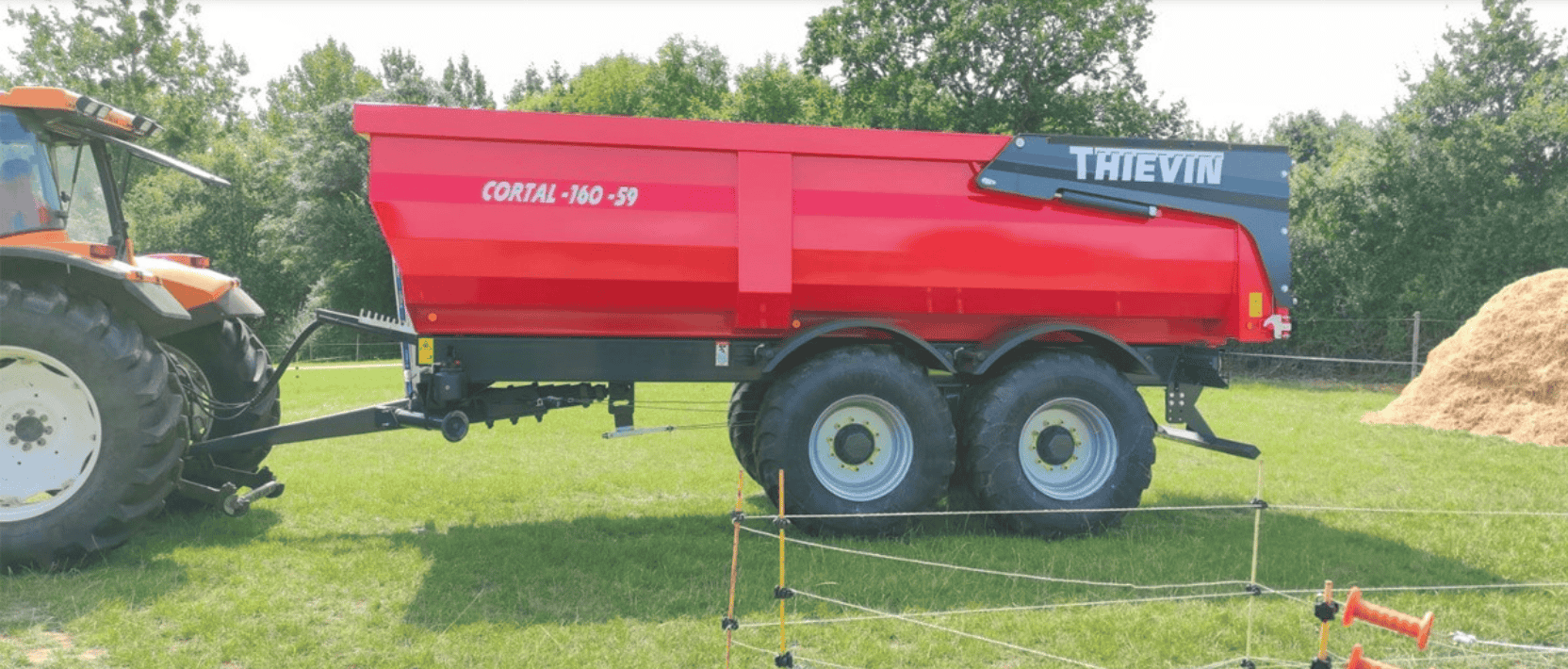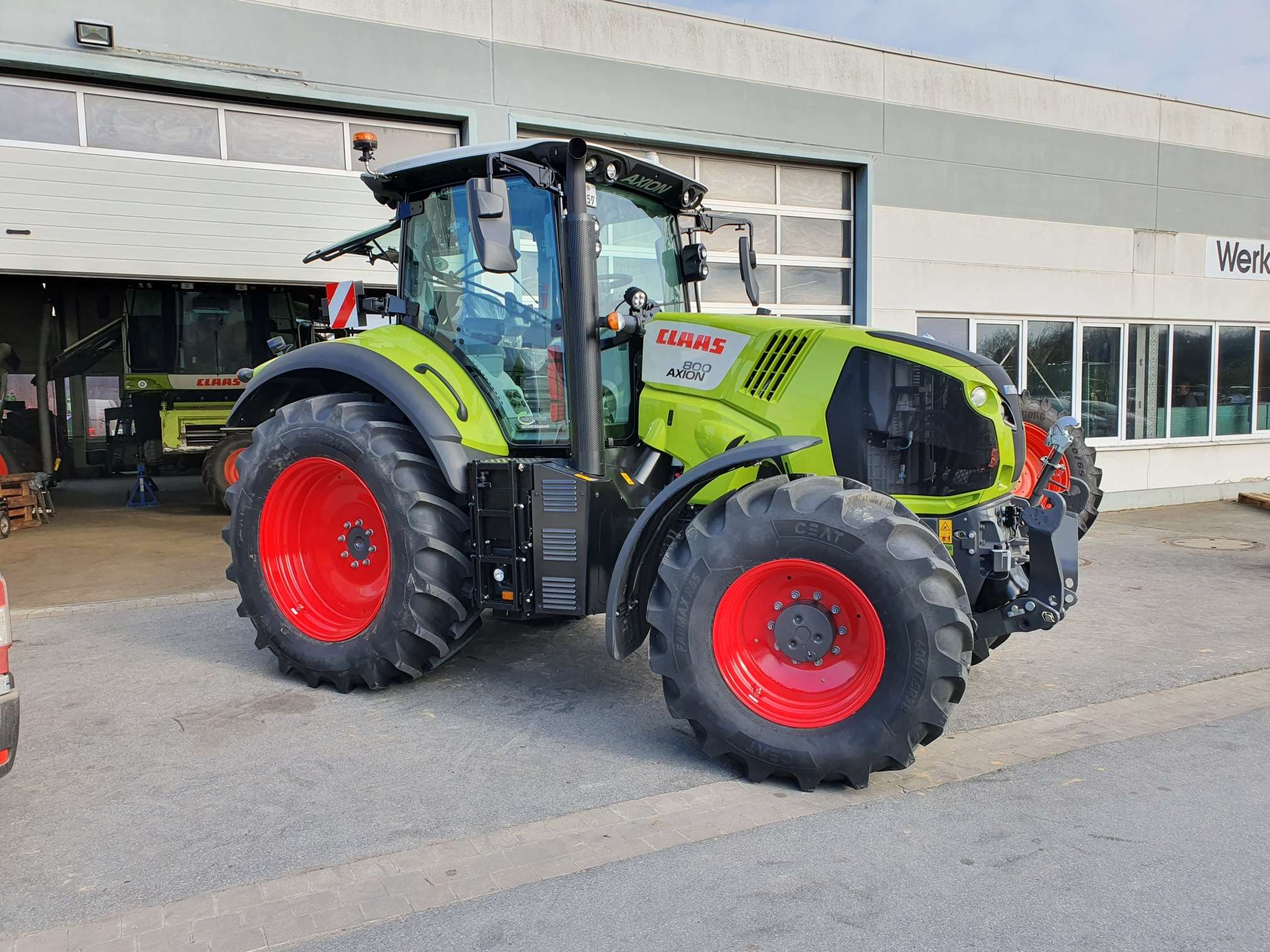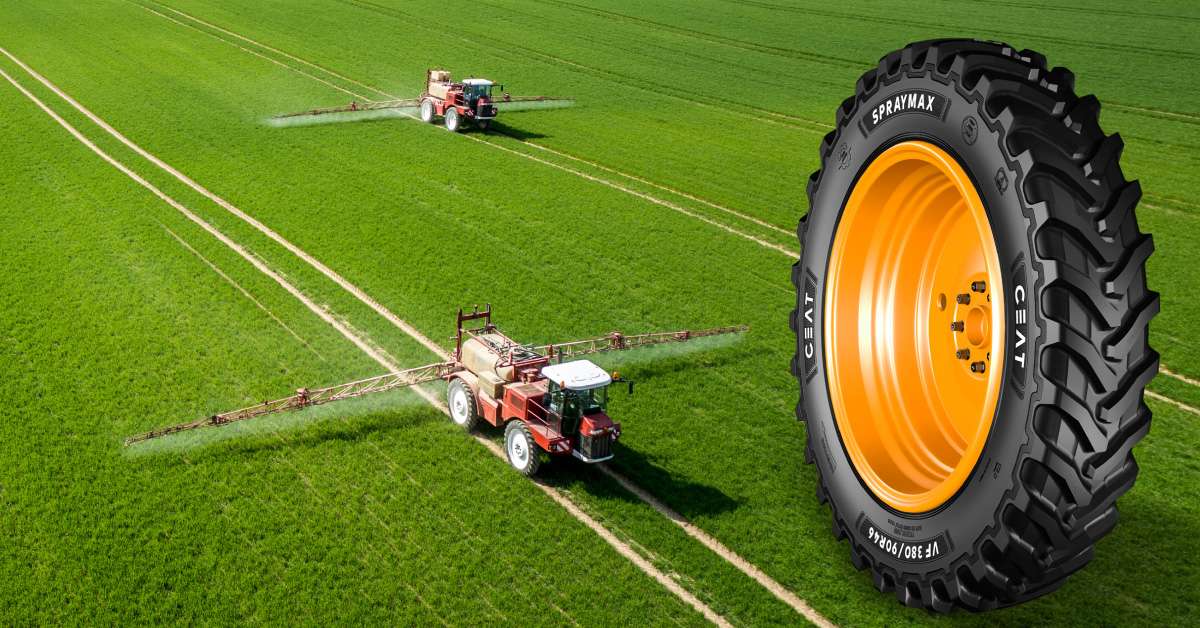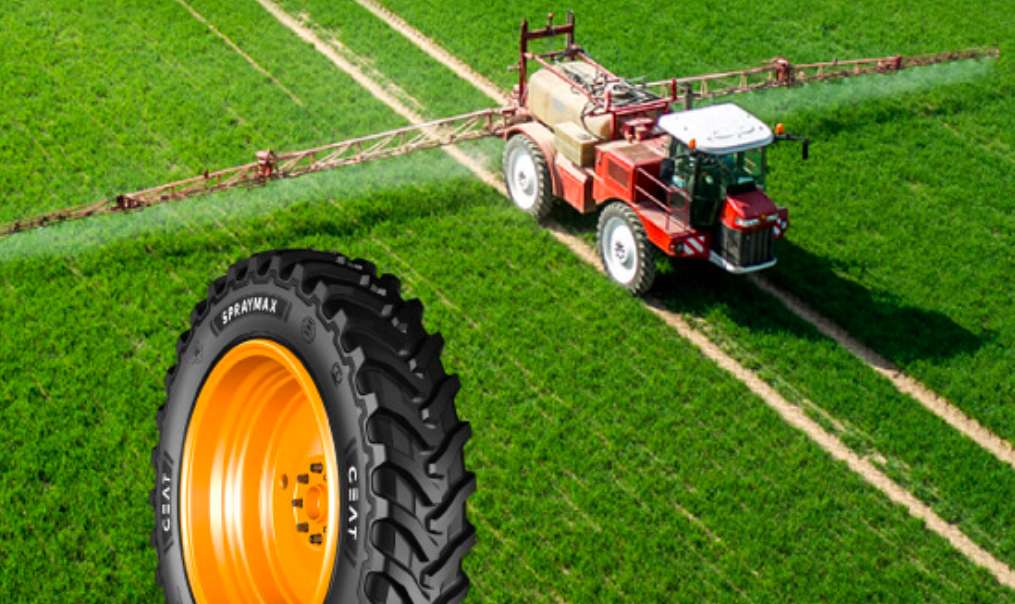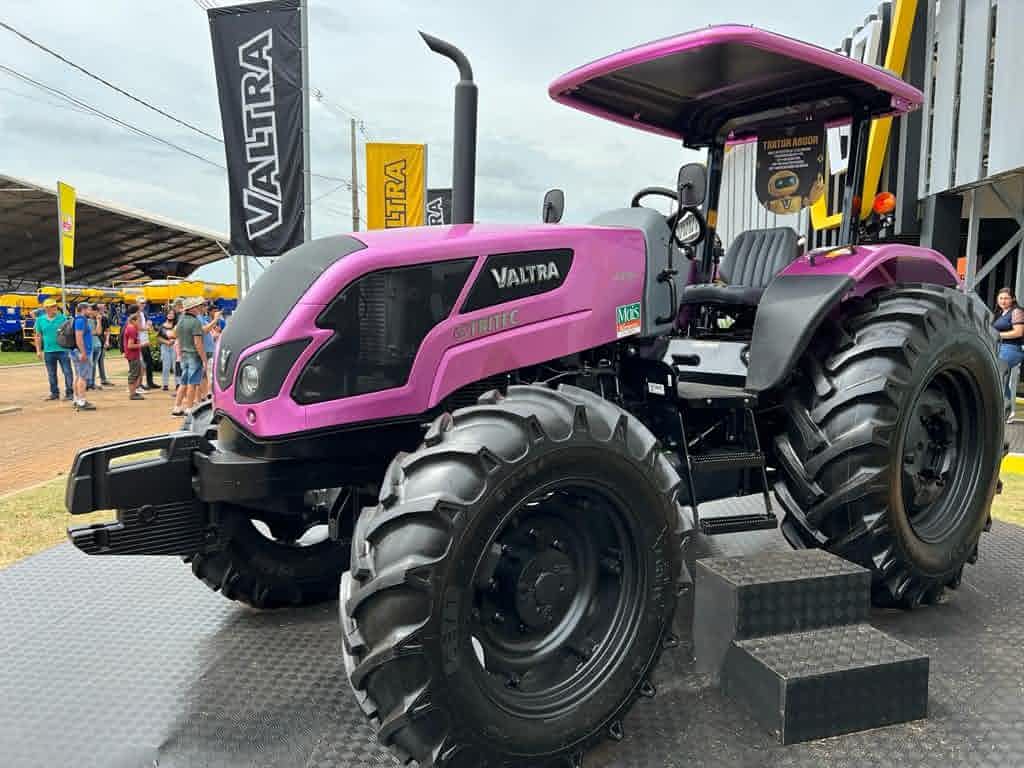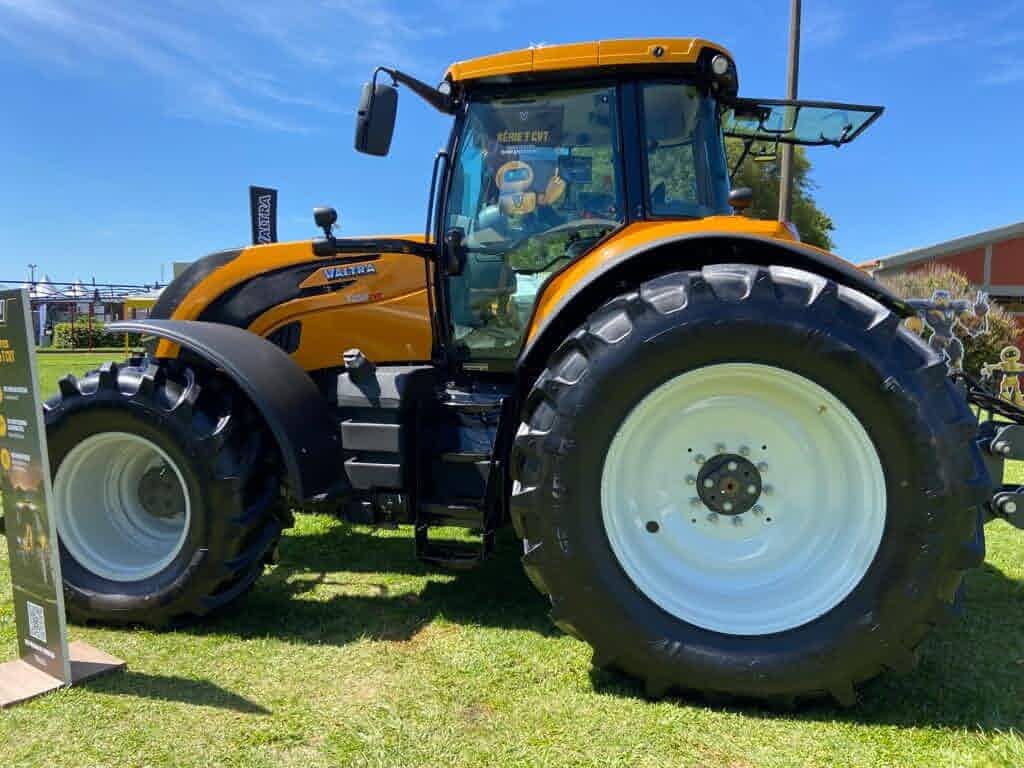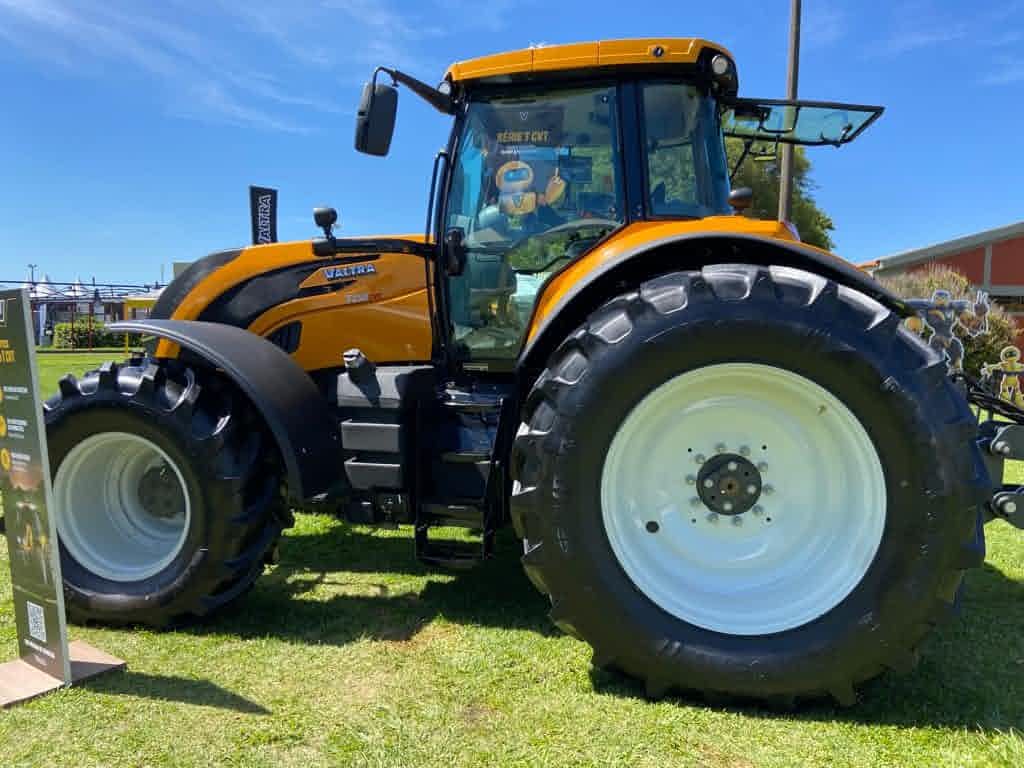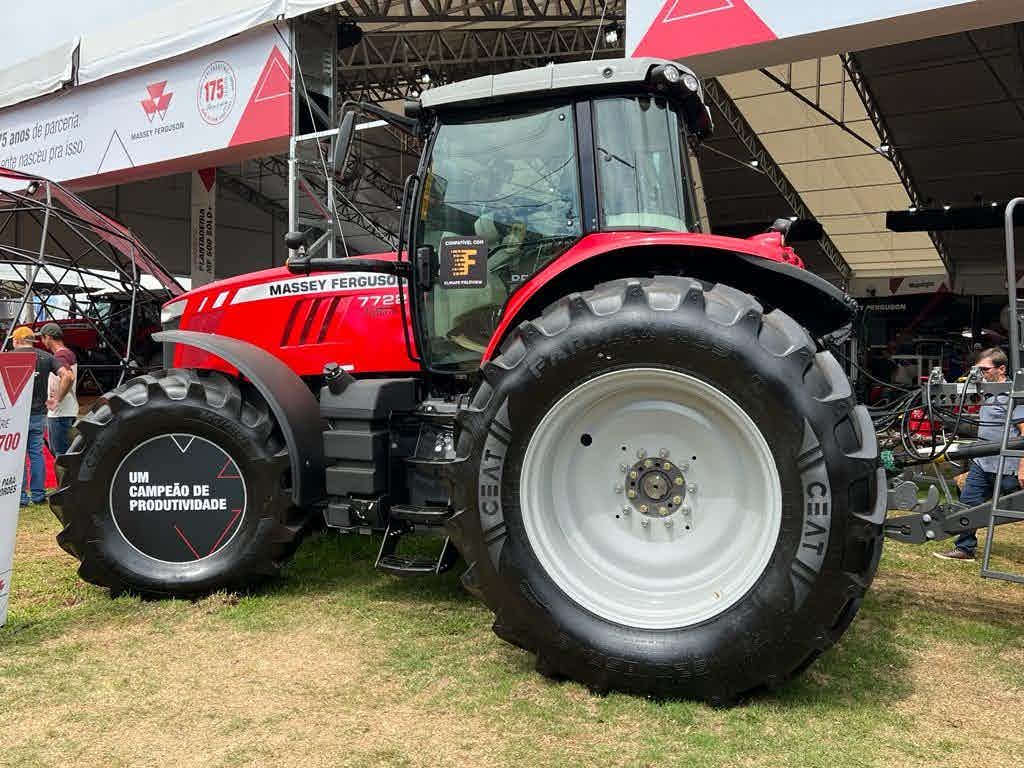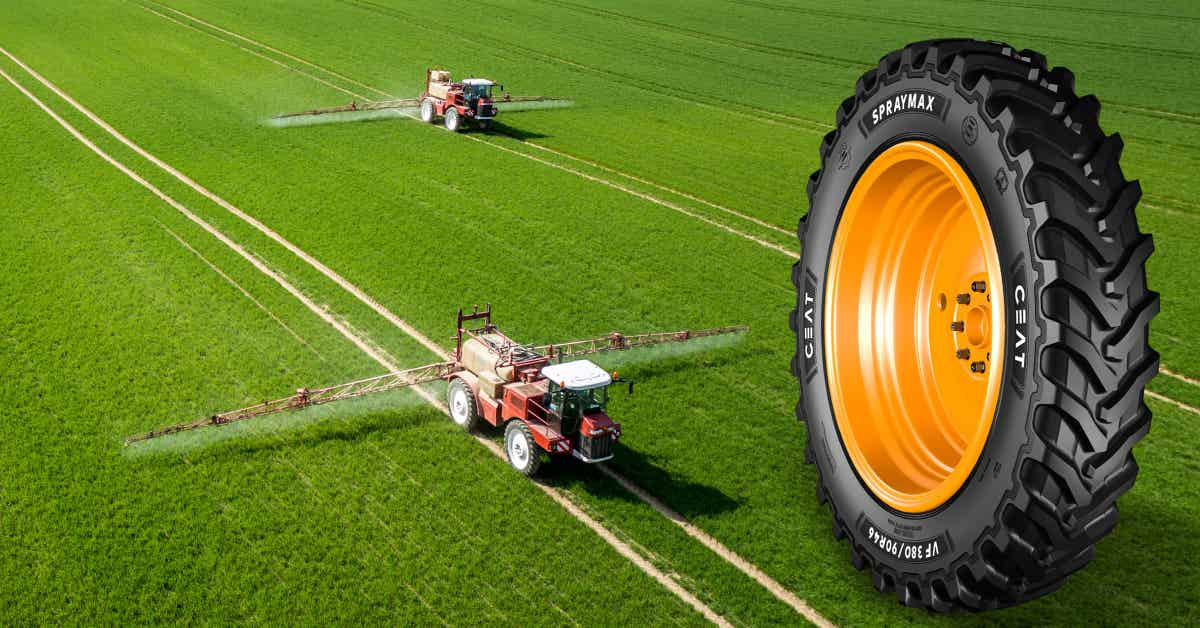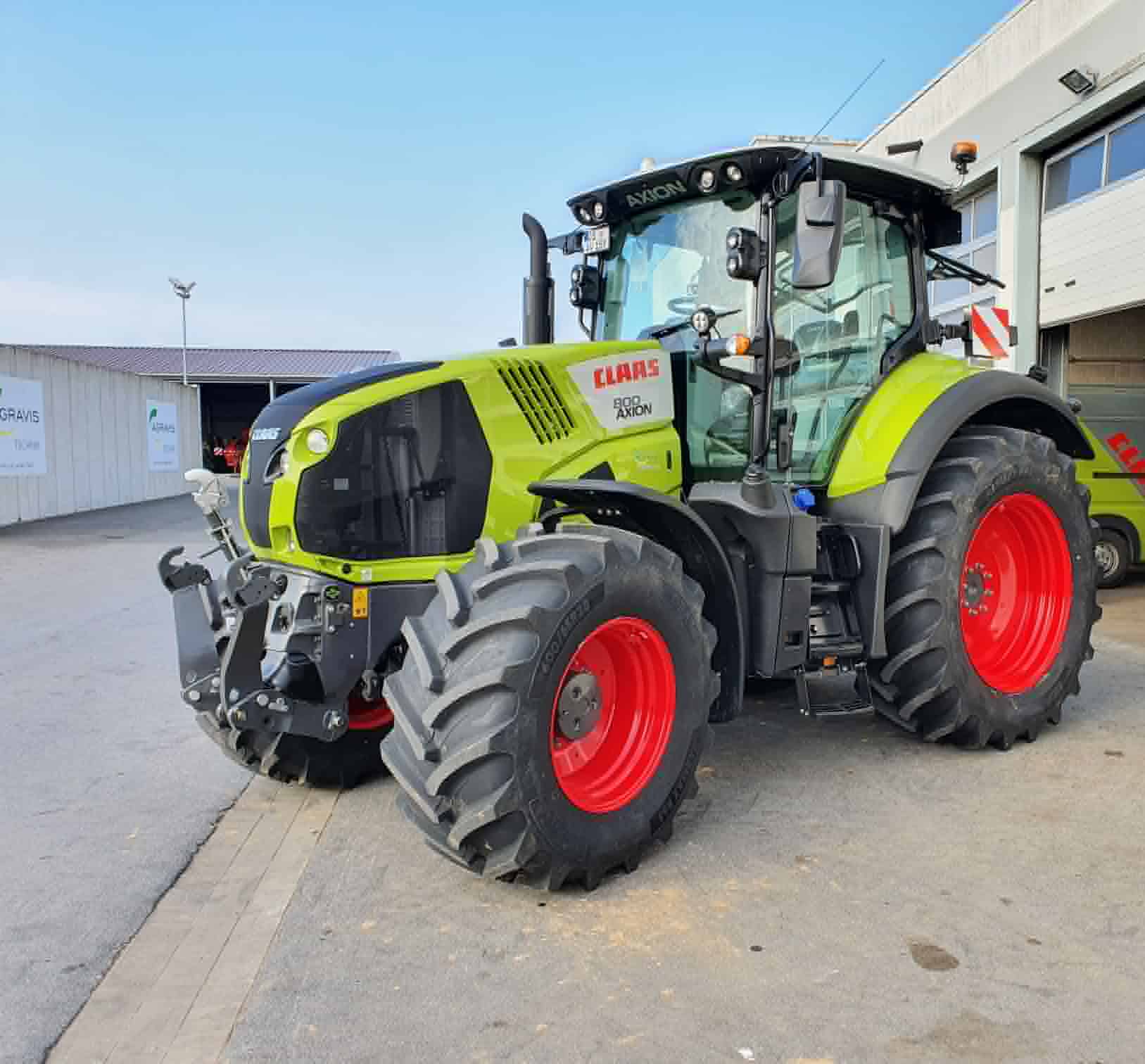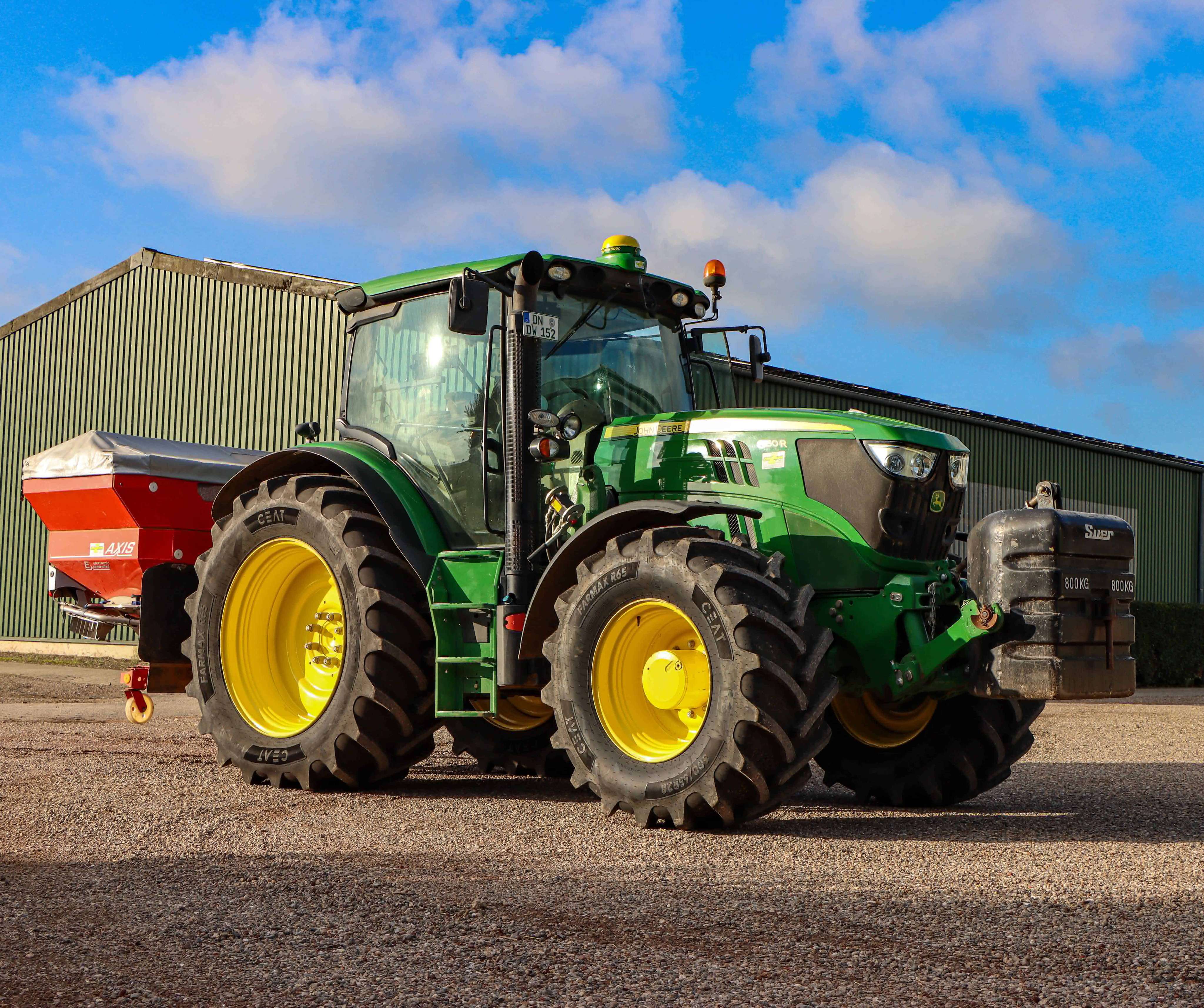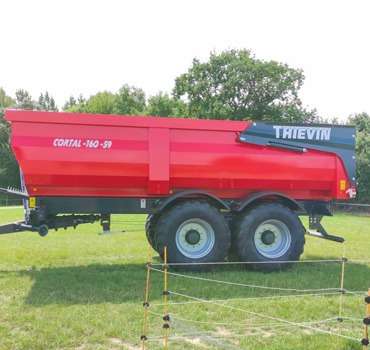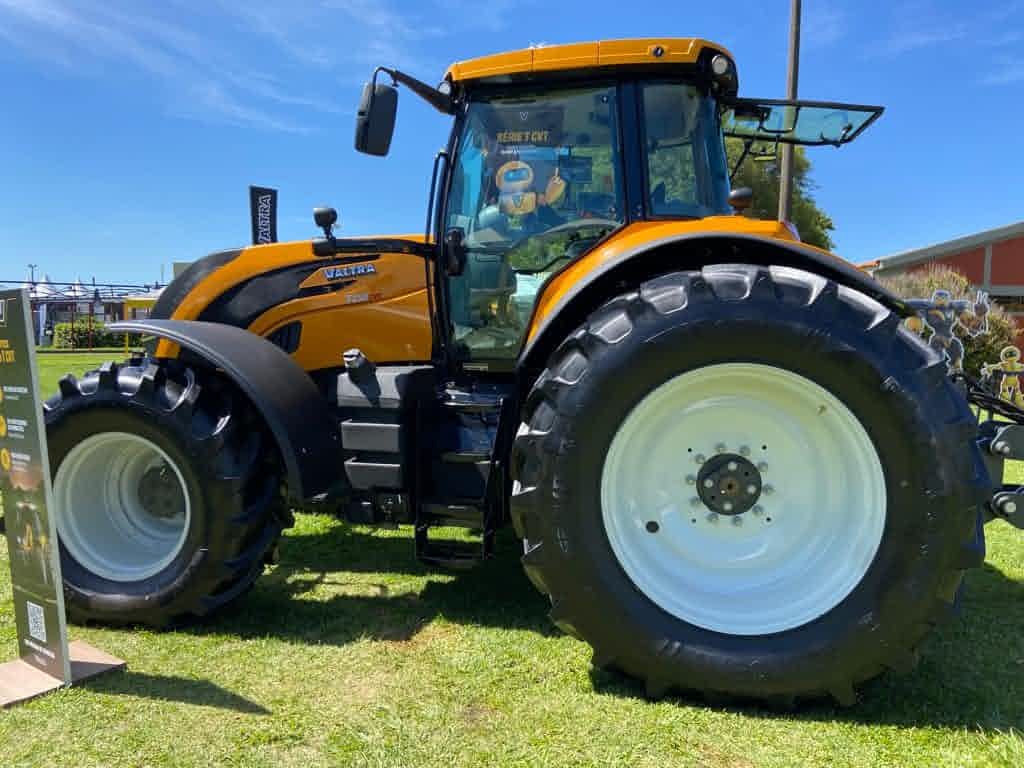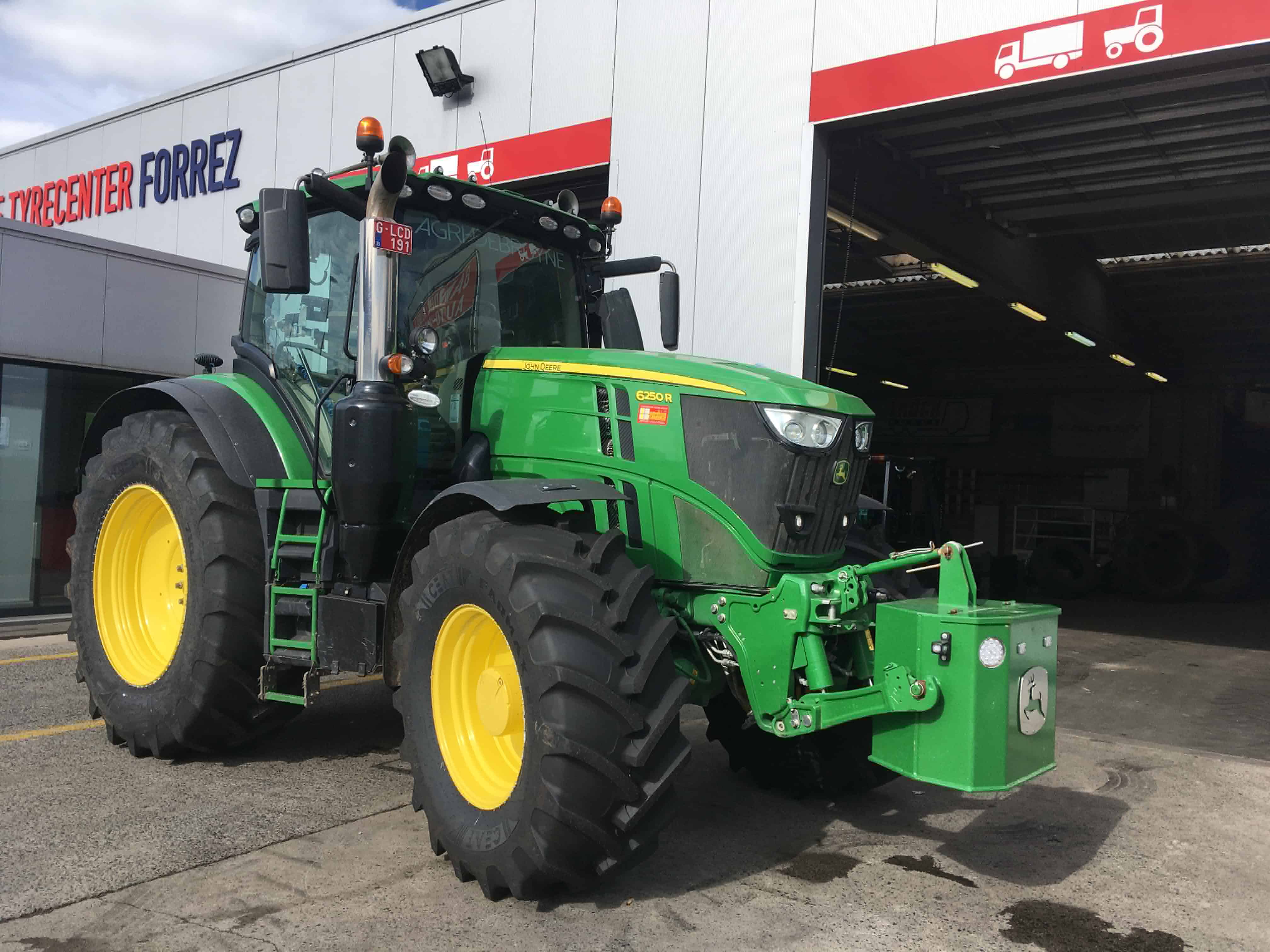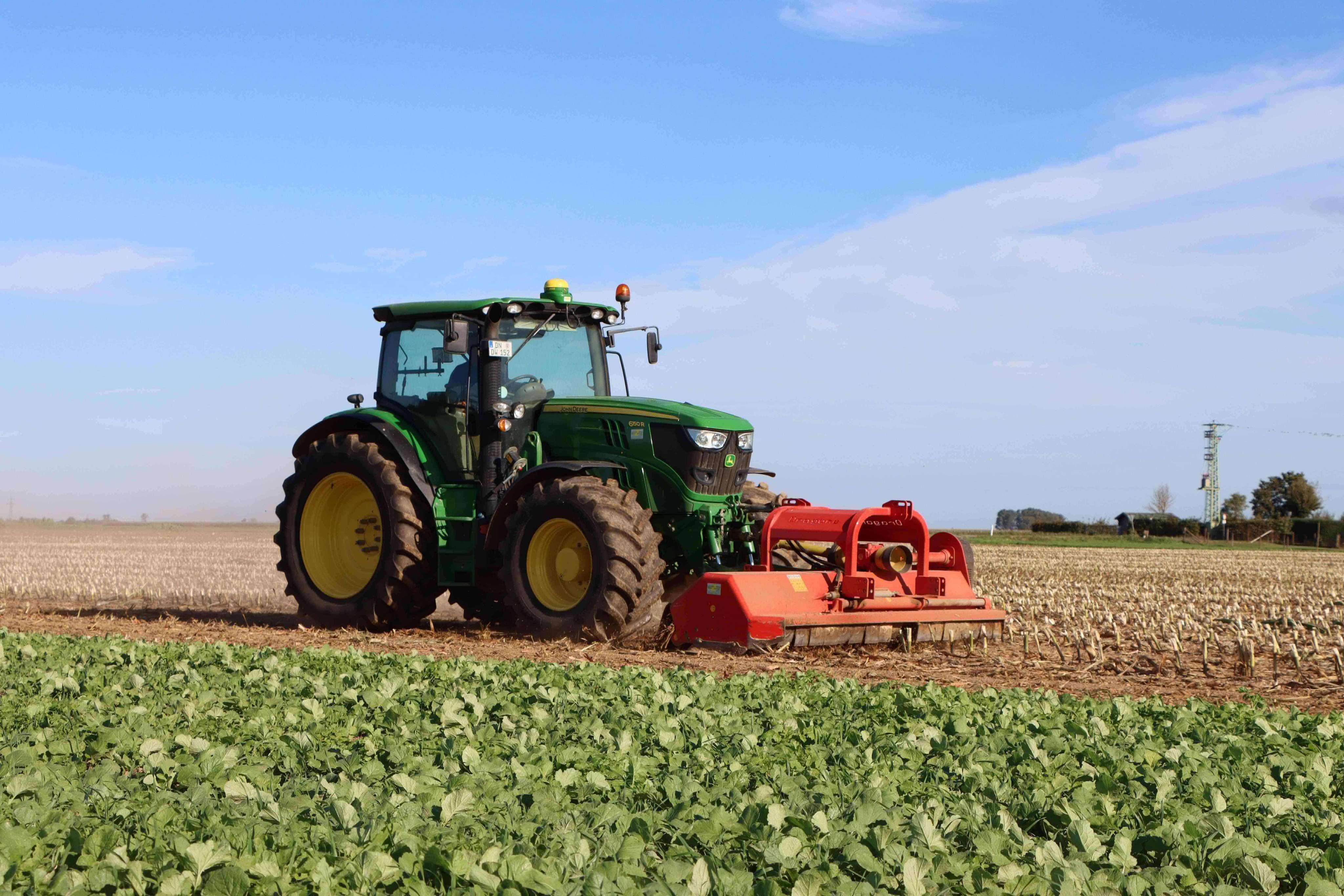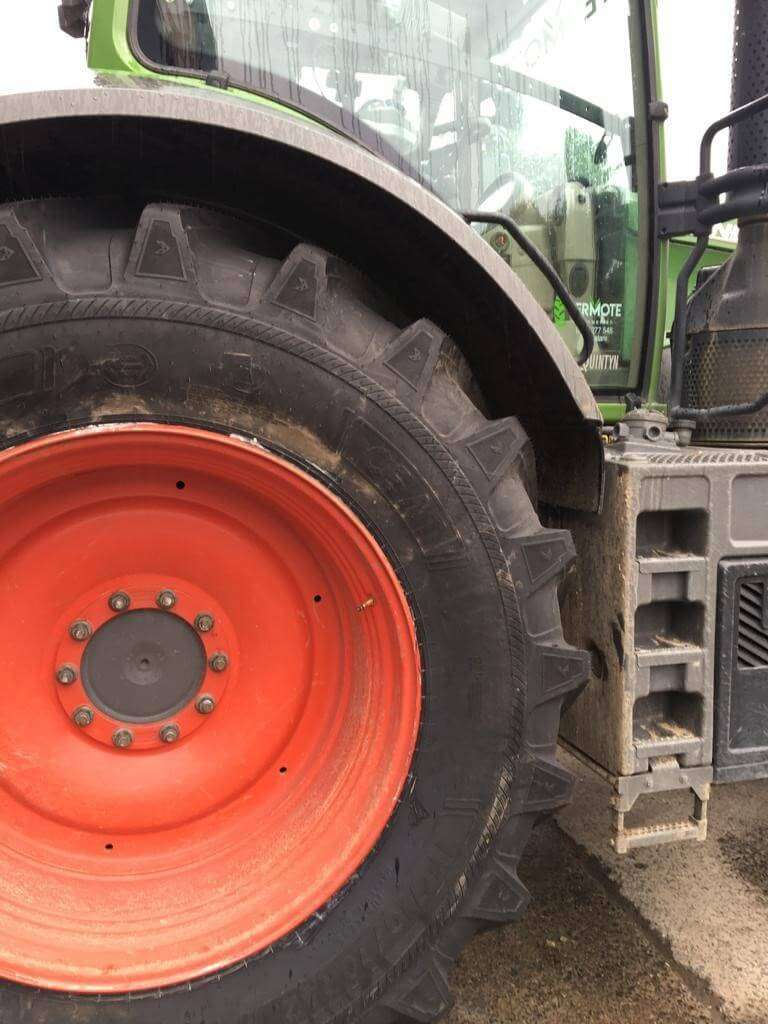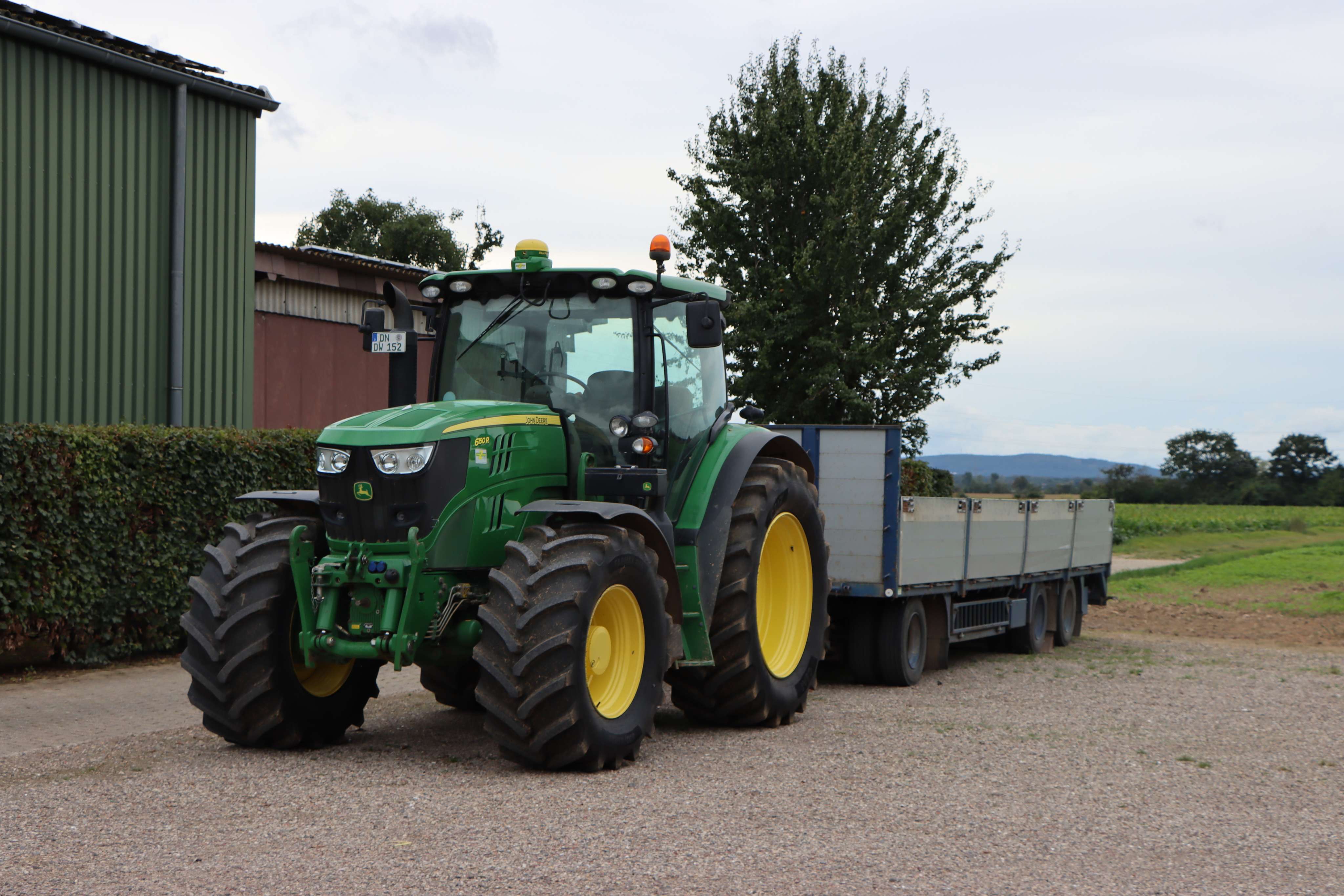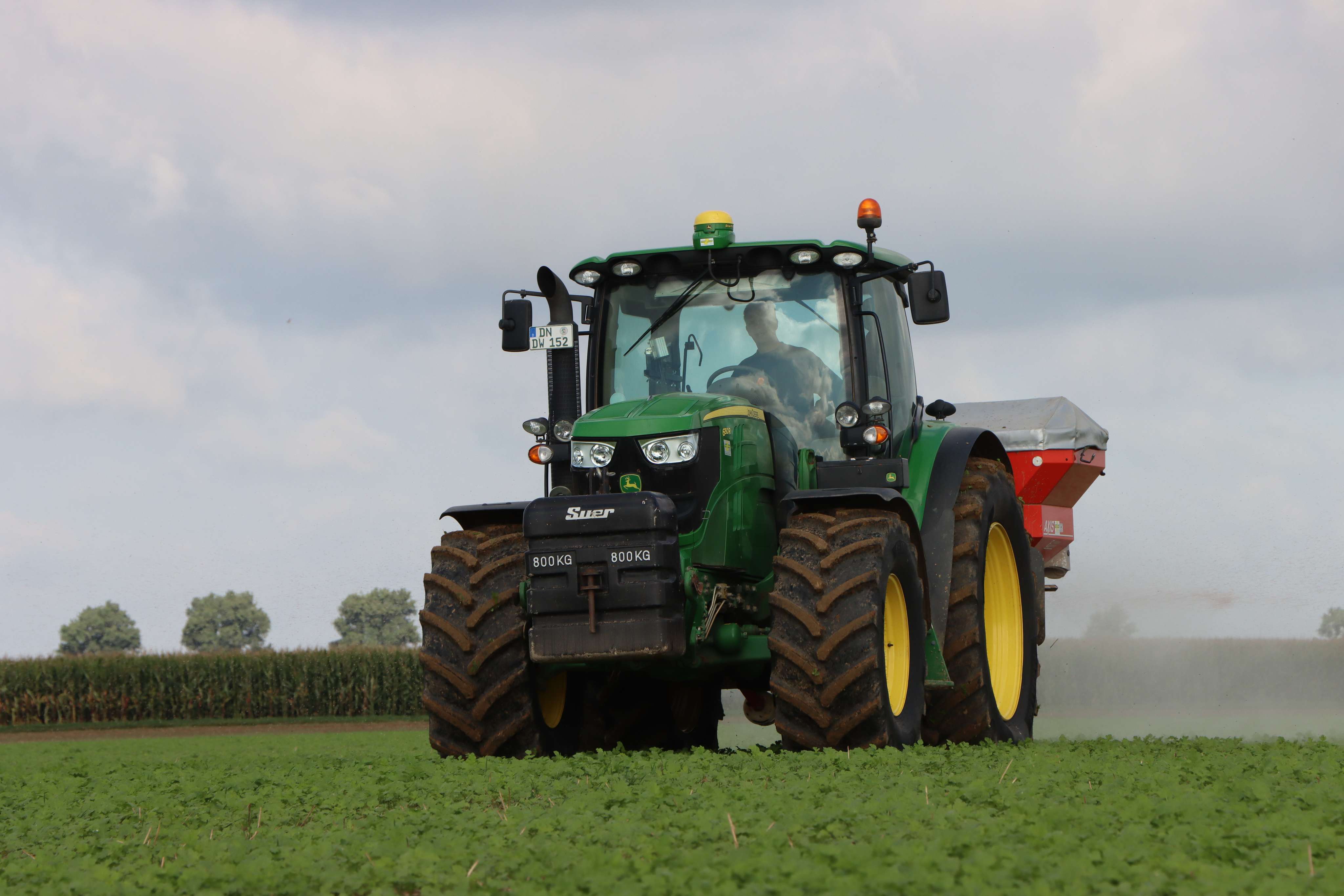ceat-speciality:blogs-tags/all,ceat-speciality:blogs-tags/tyre-care
4 Damning Effects of Using Old Agri Tyres
Wed, 22 Feb 2023 | PRODUCTS
Your equipment is the backbone of your livelihood. Isn’t it? From plowing fields to harvesting crops, your tractors, plows, and harvesters are essential to your success. But have you ever stopped considering the impact of your farm tyres on their performance? It’s a common misconception that tyres are simply a means of getting equipment from point A to point B. However, the truth is that your equipment’s performance is only as good as its tyres. Unfortunately, many farmers continue to make the mistake of using old, worn-out agricultural tyres without fully understanding the consequences that come with them.
Think about it – your Agri tyres are the only thing connecting your equipment to the ground. They are responsible for providing traction, stability, and support. But what happens when those tyres are worn out and can no longer perform at their best? Your equipment becomes more prone to slipping, getting stuck, and breaking down. This impedes your ability to get the job done efficiently and puts you and your equipment at risk.
It’s a sobering thought, but the reality is that many farmers are still using outdated, worn-out tyres, utterly unaware of their impact on their operations. Let’s highlight the hidden dangers of old Agri tyres and get ready to learn how CEAT Specialty sets the industry’s standard for innovation.
Increased Risk of Tyre Failure
One of the most significant dangers of using old Agri tyres is the increased risk of tyre failure. With time and use, the rubber on a tyre becomes worn and degraded, making it more likely to puncture or blow out. This can be especially dangerous for farmers who use heavy machinery, as a tyre failure can cause the machine to lose stability and tip over. In extreme cases, this can even result in severe injury or death.
Reduced Efficiency
Another damaging effect of using old Agri tyres is reduced efficiency. Over time, the tread on an agriculture tyre becomes worn, making it less effective at providing traction and stability. This can make it harder for farmers to get their work done, as they will need to work harder to keep their machines moving in a straight line. Additionally, old tyres can also increase fuel consumption, making it more expensive to run their machinery.
Increased Soil Compaction
Old Agri tyres can also have a damaging impact on the soil. When an ag tyre is worn, it becomes flatter and wider, increasing the pressure it exerts on the soil. This can lead to soil compaction, which can make it harder for crops to grow. This can be especially damaging for farmers who need healthy, productive soil to grow crops.
Environmental Damage
Finally, using old farm tyres can also harm the environment. Wearing or damaged tyres can release harmful chemicals into the soil and water, contaminating the land and the local water supply. This can have severe consequences for both wildlife and human health. Additionally, old tyres can take a long time to decompose, contributing to the growing waste and pollution problem.
Using old Agri tyres is dangerous and can have far-reaching consequences. From increased risk of tyre failure and reduced efficiency to soil compaction and environmental damage, you cannot ignore the dangers of using old tyres. To avoid these risks, farmers should replace their old tyres with new, high-quality products from CEAT Specialty.
Unleash the full potential of your farming operations with CEAT agricultural tyres. Our commitment to quality and focus on innovation make us the premier choice for farmers looking to invest in a better future. Our specially designed agricultural tyres are conveniently available online. Take the first step towards a brighter farming future and order your agricultural tyres online from CEAT Specialty today.

